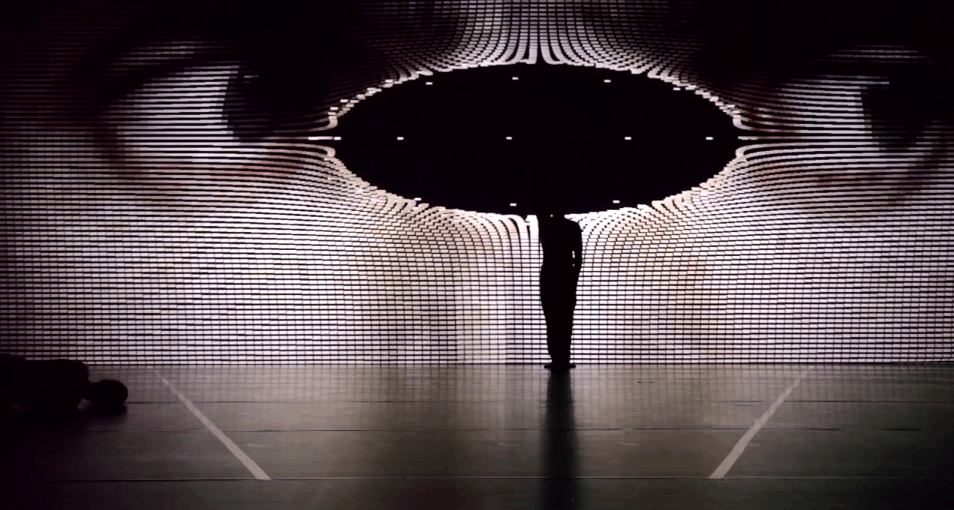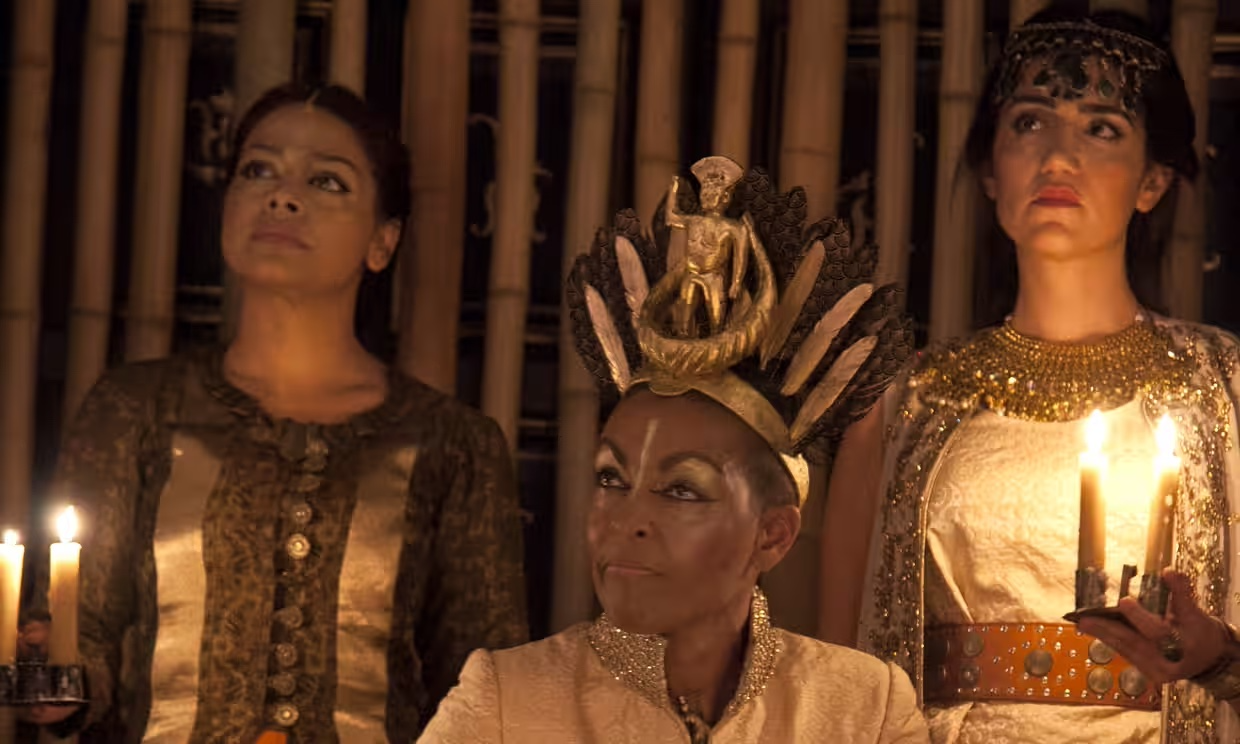
This course will examine Black theater and performance traditions in the United States – from William Alexander Brown’s African Grove to the era of “Post-Black” plays. We will survey and analyze aesthetic innovations and transformations in the Black dramaturgical imagination and carefully consider the crucial role the stage has played in shaping perceptions and understandings of race – Blackness, in particular. “From the arrival of the first African slaves on American soil, the discourse on race, the definitions and meanings of blackness, have been intricately linked to issues of theater and performance,” Harry J. Elam, Jr. writes. Part of our task together will be to investigate these linkages and interrogate what they perhaps reveal about the operations of race in modern life.
- Teacher: Isaiah Wooden

The purpose of this course is to introduce students to the integration of various visual and audio technologies (media) into live performance. The course will also explore the emerging phenomenon of hybrid creative practices that utilize media and technology to further expand 21st century theatrical storytelling. Discussion of the historical and theoretical context of contemporary mixed media performance will be combined with an orientation to the available technologies found at Swarthmore and beyond. The course will include the conceptualization and preparation of a series of individual studio assignments that culminate into a larger final project. This course is designed to serve all students regardless of prior experience in theatrical production or media. An emphasis will be placed on conceptual ideas and storytelling through media (as we collectively define it).
- Teacher: Matthew Saunders

This seminar examines the art and practice of dramaturgy. In addition to surveying the history and theory of the discipline, we will also explore the significance of the dramaturg in and to the theatermaking process. Tracing its roots back to ancient Greece, dramaturgy is a somewhat ill-defined term that broadly alludes to the “making” of drama. In more recent decades, we have come to conceive of the dramaturg as an essential member of the artistic team with important production responsibilities: among them, research, analysis, and practical application. Part of our task together will be to interrogate what precisely a dramaturg is and to investigate what it means to embrace what scholar Geoffrey S. Proehl calls a “dramaturgical sensibility.”
- Teacher: Isaiah Wooden
- Teacher: Leah Walton

